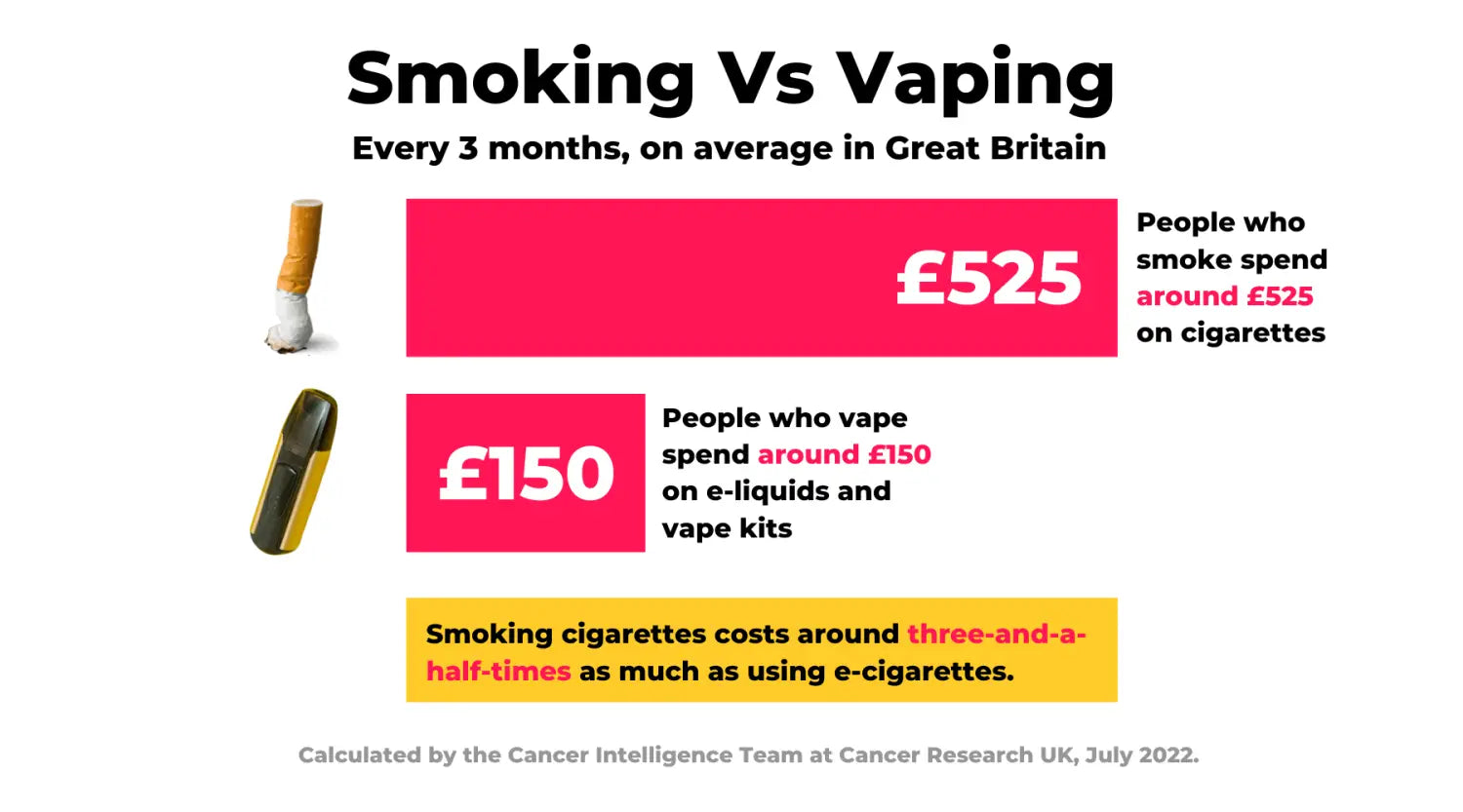Vaping, while often promoted as a safer alternative to traditional smoking, is not without its risks. Current research indicates that although e-cigarettes are generally less harmful than smoking combustible tobacco, they are not risk-free.
Health Risks of Vaping
- Chemical Exposure: E-cigarette aerosols can contain harmful chemicals such as nicotine, volatile organic compounds (VOCs), flavouring chemicals like diacetyl, formaldehyde, and acrolein. These substances can cause lung damage and other health issues. Nicotine itself is highly addictive and can harm brain development in adolescents and foetuses during pregnancy (Cancer Research UK) (CancerInfo) (American Lung Association).
- Respiratory Effects: Vaping can lead to respiratory issues, including increased risk of chronic lung diseases such as bronchitis and asthma. Some chemicals found in e-cigarettes, like diacetyl, have been linked to severe lung conditions such as bronchiolitis obliterans, commonly known as "popcorn lung" (American Lung Association).
- Cardiovascular Concerns: There is moderate evidence that e-cigarette use can increase heart rate and blood pressure, potentially leading to cardiovascular problems. Long-term effects on heart health are still being studied, but early indications suggest potential risks (MedXpress).
- Addiction and Youth Usage: E-cigarettes are particularly concerning for young people due to the risk of nicotine addiction. Data shows a high prevalence of e-cigarette use among adolescents, often driven by the appeal of flavoured products. This can lead to nicotine dependence and an increased likelihood of transitioning to traditional cigarettes (MedXpress).
Recommendations and Precautions
- For Smokers: E-cigarettes may be beneficial as a smoking cessation tool for current smokers trying to quit, but this should be approached with caution and ideally under medical guidance. They are not recommended as a first-line cessation method due to the lack of strong evidence supporting their long-term efficacy for quitting smoking (Cancer Research UK) (MedXpress).
- For Non-Smokers and Youth: Non-smokers, especially youth, are advised to avoid e-cigarettes altogether due to the potential health risks and the high likelihood of developing nicotine dependence (Cancer Research UK) (American Lung Association).
Benefits of Switching from Smoking to Vaping
Smoking causes at least 15 types of cancer, therefore quitting entirely is the best thing you can do for your health. E-cigarettes are an excellent smoking cessation strategy. There is no safe amount of smoking, so it is critical to discontinue tobacco use totally.
Learn more about the resources and support available to help you quit smoking.
Vaping is significantly less dangerous than smoking, thus switching from smoking to vaping may enhance your health. You will also minimise your risk of developing cancer.
Switching from smoking to e-cigarettes could help you save a lot of money. Some people spend more than others, but smoking is more than three times the expense of vaping.

Conclusion
While vaping is less harmful than smoking traditional cigarettes, it still poses significant health risks. Long-term effects are not fully understood, and ongoing research is essential to comprehensively understand the implications of e-cigarette use. For now, it is clear that while e-cigarettes might play a role in smoking cessation, they are not a risk-free alternative and should be used cautiously.
For more detailed information, you can visit Cancer Research UK and American Cancer Society.